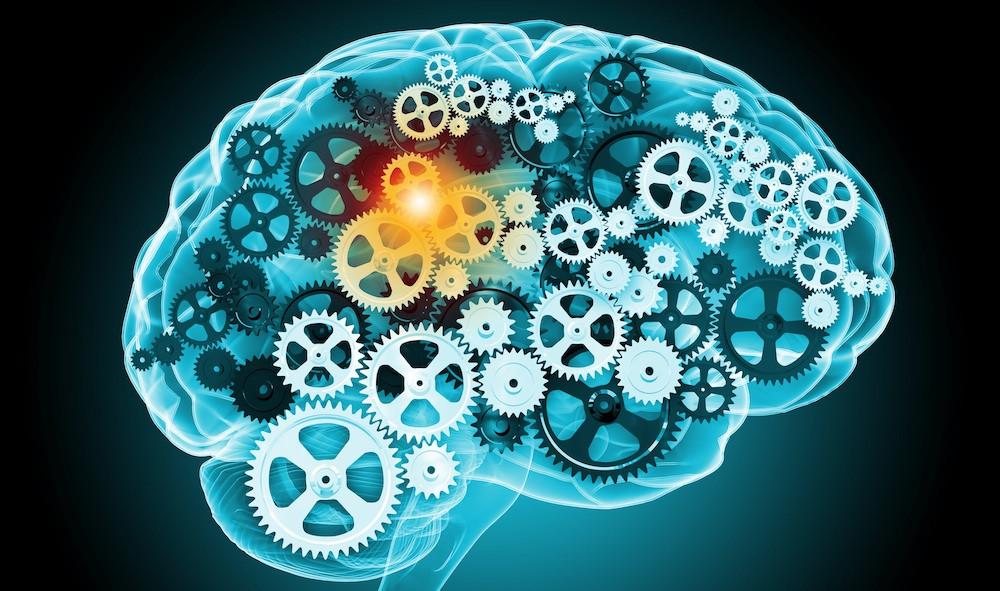Magnesium L-Threonate Can Improve Brain Function and LTP


Long-Term-Potentiation (LTP) is a process critical for learning and memory. In my previous article I laid out evidence for how the racetams and CILTEP™ could act synergistically on different phases of LTP. In particular, evidence was presented for the racetam family’s helpfulness in activating early LTP (E-LTP) and CILTEP was examined in terms of its proposed effects on late LTP (L-LTP). E-LTP strengthens the effects of interneuronal signals for between 4-6 hours after the initial electrical signal (action potential) has been transmitted between brain cells (neurons) via their connecting synapse.
In contrast, L-LTP involves more permanent changes that can lead to neural network strengthening via protein synthesis and neuronal growth which can lead to memory encoding that can last for months or longer [1]. These are not the only two approaches that the medical literature suggests could be helpful for improving learning and memory. Magnesium L-Threonate (a key ingredient in MagTech™) has also shown its worth in several studies for increasing factors in the brain that are important for LTP.
One of the critical factors for establishing E-LTP is the availability and proper functioning of NMDA receptors and their activation by neurotransmitters. NMDA receptors are the channels by which calcium ion influx to the cell occurs in response to the right sequence of action potentials. This calcium influx leads to activation of the enzymes PKC and CAMKII which further activate NMDA receptors and, through a signaling cascade, promote AMPA receptors to the synaptic cleft in a process critical to E-LTP [2].
Magnesium Threonate (MgT) has been shown in studies to enhance E-LTP via increasing the amount of NR2B NMDA receptors in the synaptic cleft [3]. Additionally, MgT treatment has been show to increase the number of synaptophysin/synaptobrevin positive puncta in neurons. Synaptophysin and synaptobrevin are two proteins that are critical to the neuron’s ability to store and transport neurotransmitters for release into the synaptic cleft. Increasing the levels of these proteins in neurons can positively affect neurotransmitter signaling between neurons.
Studies have shown that brain magnesium might also affect L-LTP through an indirect mechanism. A recent study in an animal model found that magnesium ions interacting with NMDA receptors were necessary for long-term memory formation but not associative learning. The study found that magnesium’s interaction with NMDA receptors suppressed a CREB repressor protein, thus facilitating CREB-dependent gene expression [4]. CREB is a transcription factor that when activated causes the nucleus and the mitochondria to transcribe proteins that cause growth of the neuron and L-LTP [5]. Thus, facilitating CREBs ability to induce gene-expression by blocking a CREB repressor protein, as magnesium does in this instance, can aid the process of L-LTP.
Studies have suggested that MgT can positively affect aspects of the brain that become dysfunctional due to disease or stress. A way that NMDA receptors can become dysfunctional is due to TNF-alpha (TNF-α) overexpression, usually as a result of chronic or neuropathic pain. Research suggests that this can disrupt short term memory. In a recent study MgT was shown to be helpful in reducing the disruption to NMDAR function possibly via normalization of TNF-α expression [6].
Another way in which studies have suggested elevated brain magnesium via MgT can positively affect the brain is by reducing the effect of damage caused by amyloid plaques common in Alzheimer’s disease. A recent study in mice showed that mice which were bred to be susceptible to Alzheimer’s like symptoms had reduced amyloid plaques and were prevented from losing synapses and experiencing memory decline after being fed a diet containing MgT [7]. It was suggested that one of the mechanisms of this protection was via preventing downregulation of the LTP associated NMDAR/CREB/BDNF signaling pathway.
In summary, the literature contains evidence that MgT can improve and maintain brain function when it comes to synaptic signaling, and the induction and maintenance of LTP.
This information can be combined with my previous discussion about the racetams and CILTEP to plausibly theorize that MgT could work alongside both the racetams and CILTEP in optimizing long-term potentiation and the maintenance of neuronal networks by protecting and enhancing the function of NMDA receptors in the synaptic cleft and the function of CREB intraneuronally.
MagTech™ by Natural Stacks is an optimal magnesium complex containing l-threonate, taurate and glycinate. It's available for purchase here.
Sources:
- Bliss TV, Collingridge GL. A synaptic model of memory: long-term potentiation in the hippocampus. Nature. 1993;361(6407):31-9. PMID 8421494
- Sanhueza M, Fernandez-villalobos G, Stein IS, et al. Role of the CaMKII/NMDA receptor complex in the maintenance of synaptic strength. J Neurosci. 2011;31(25):9170-8. PMID 21697368
- Slutsky I, Abumaria N, Wu LJ, et al. Enhancement of learning and memory by elevating brain magnesium. Neuron. 2010;65(2):165-77. PMID 20152124
- Miyashita T, Oda Y, Horiuchi J, Yin JC, Morimoto T, Saitoe M. Mg(2+) block of Drosophila NMDA receptors is required for long-term memory formation and CREB-dependent gene expression. Neuron. 2012;74(5):887-98. PMID 22681692
- Lee J, Kim CH, Simon DK, et al. Mitochondrial cyclic AMP response element-binding protein (CREB) mediates mitochondrial gene expression and neuronal survival. J Biol Chem. 2005;280(49):40398-401. PMID 16207717
- Wang J, Liu Y, Zhou LJ, et al. Magnesium L-threonate prevents and restores memory deficits associated with neuropathic pain by inhibition of TNF-α. Pain Physician. 2013;16(5):E563-75. PMID 24077207
- Li W, Yu J, Liu Y, et al. Elevation of brain magnesium prevents and reverses cognitive deficits and synaptic loss in Alzheimer's disease mouse model. J Neurosci. 2013;33(19):8423-41. PMID 23658180










